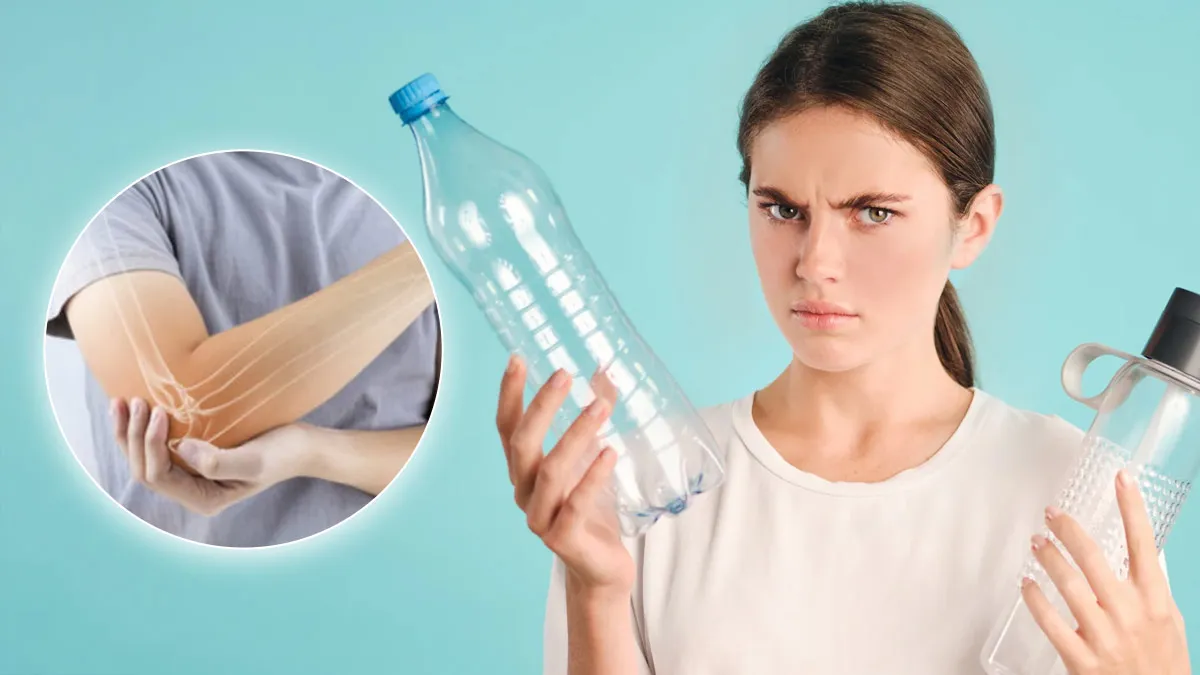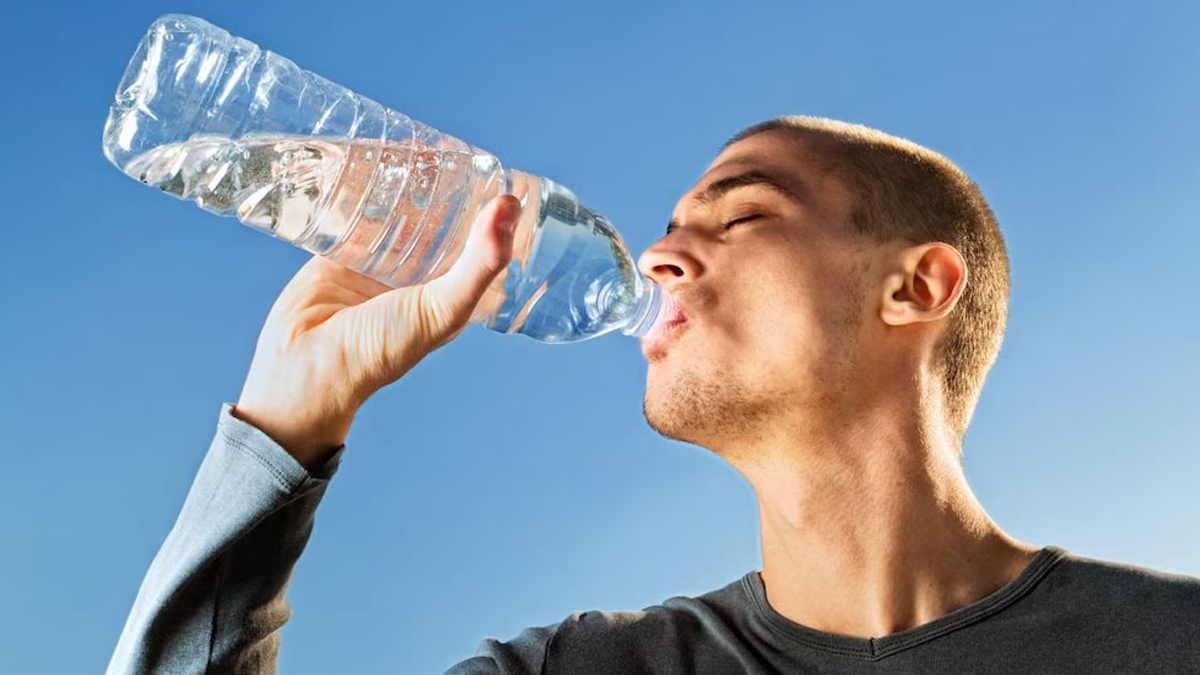
Daily intake of sufficient water is crucial for maintaining good health. It hydrates your body, assists in the proper working of organs, and aids in healthy bones. Yet, did you know that how you consume and store water could be doing damage to your body? Most individuals consume water from plastic bottles without giving a second thought. But according to science, the habit may not be as healthy as we think, particularly for your bones. Plastic-bottled water can remain sitting for weeks or even months, and in the meantime, chemicals from the plastic can blend with the water you ingest.
Table of Content:-
How Plastic Bottles Can Harm Your Bones
View this post on Instagram
Priyank Mehta, Co-Founder of Get Set Fit, Mumbai, warns, “Don’t drink water from plastic bottles. It will weaken your bones.” He explains that plastic bottles often contain a chemical called BPA (Bisphenol A). “BPA disturbs the vitamin D receptors of the body. Vitamin D receptors help the body absorb calcium. When BPA disturbs them, the calcium cannot be absorbed properly. So, the nutrition won’t reach the bones,” he says.
This means your bones may not get the calcium they need, even if you eat healthy foods or take supplements. Priyank adds, “Moreover, it increases your chances of joint pain and fracture. Menopause already has a calcium deficiency. We shouldn’t take more risks. Use glass and stainless steel bottles. No reusing old plastic bottles.”
ALSO READ: Is Glass Bottle Healthier Than a Plastic One? Here Is What an Expert Says
What Is BPA and Why Is It a Problem?![plastic water bottle damage bones 3 - 2025-06-26T161523.092]()
BPA is an abbreviation for bisphenol A, a chemical used to create certain plastics and resins. BPA is present in many food containers and plastic bottles. When water sits in these bottles, particularly in sunlight or heat, BPA can seep into the water. When you consume this water, BPA will enter your body.
Studies indicate that BPA may mimic hormones within the body and disrupt normal processes. BPA may influence the way your body metabolises vitamin D, which is essential for healthy bones. If vitamin D is not functioning properly, your body cannot absorb calcium. This can weaken your bones over time.
A study published in the Journal of Clinical Endocrinology & Metabolism found that higher BPA levels in the body are linked to lower bone mineral density, especially in women. This means that people with more BPA in their system may have weaker bones and a higher risk of fractures. The study suggests that avoiding BPA could help protect your bone health
What Should You Do?![plastic water bottle avoid 2 - 2025-06-26T161527.019]()
- Avoid the use of water from plastic bottles, particularly if stored for long periods of time or exposed to heat.
- Use glass or stainless steel containers to carry drinking water.
- Do not reuse used plastic bottles because they can leach more chemicals over time.
- Ensure you get adequate vitamin D and calcium through your diet and sun exposure.
- Discuss with your physician if you have doubts regarding bone health, particularly if you are at greater risk of developing osteoporosis.
Conclusion
It's healthy to drink water, but the packaging is important too. Plastic bottles have chemicals that can leach into water, such as BPA, which can demineralise your bones by preventing calcium absorption. Doctors say it's better to make the switch to glass or stainless steel water bottles for healthier hydration. Having healthy bones is not only about what you put in your body, but also how you put it in.
Also watch this video
How we keep this article up to date:
We work with experts and keep a close eye on the latest in health and wellness. Whenever there is a new research or helpful information, we update our articles with accurate and useful advice.
Current Version


